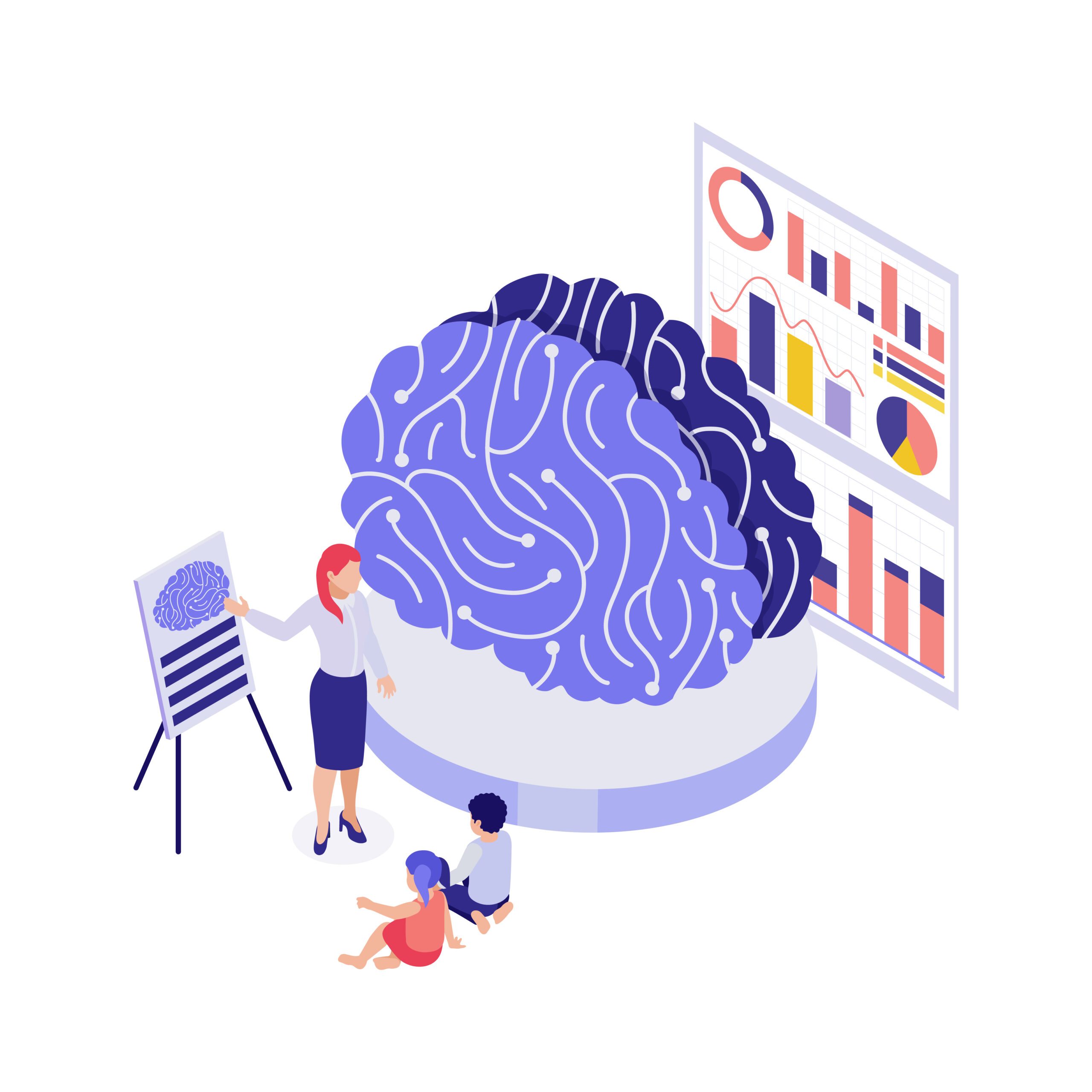There is no doubt that physical activity is good for the body and the brain; regular exercise causes blood flow to the brain to increase, which reduces the risk of developing cognitive and neurodegenerative diseases. Exercise also encourages the development of new neurons and allows for increased brain activity.
Our nervous system is stimulated by the movement of the body. This fact motivated a number of researchers to conduct studies to better understand how brain activity influences behavior in practice.
A study conducted at the University of Georgia (EUA) found that 20 minutes of exercise each day already contribute to better information processing in the brain and are beneficial to memory.
There are theories that practices that call for quick thinking, improvisation, and greater interaction may have a greater long- and short-term benefit for brain activity.
3 benefits of physical activity for the brain
Here are three benefits of physical activity for the brain.

1. Increases the feeling of well-being
Serotonin, often known as the “hormone of happiness,” is stimulated by engaging in physical activity, therefore it is common that when we move more frequently, our feelings of wellbeing increase.
Other functions that the substance is responsible for including appetite, disposition, heart rate, body temperature, and even working with cognitive functions.
This might be especially crucial for someone experiencing vestibular time, for instance, as it can sometimes result in tension. Physical activity can improve sleep quality, increase disposition, and improve well-being while reducing stress.
2. Benefits in memory and cognition
Exercises like running, dancing, and yoga release a brain-derived neurotrophic factor (BDNF), a protein that stimulates the formation of new neurons and is directly related to learning, which may help cognitive functions. Additionally, engaging in physical activities has a positive impact on memory.
A San Diego (US) study found that keeping the body moving may affect the activity of the brain’s hippocampal region, the research’s findings suggest that doing physical exercise can delay memory loss by up to two years.
However, it is crucial to emphasize that this happens as part of an appropriate schedule of physical activities, since doing so in excess might have the opposite effect due to elevated cortisol hormone release.
Regularly engaging in physical activities might even improve performance when it comes time for exams, according to anyone who is a student.
3. Decreases the risks of neurological diseases
Alzheimer’s disease and Parkinson’s disease can be prevented by paying attention to one’s mental activity. As they aid in brain function and stimulate the development of new neurons, physical activities may be helpful in preventing this type of pathology.
Furthermore, it must be made clear that these diseases are also influenced by genetic factors, so even physically active people may get them if they have a predisposition.
